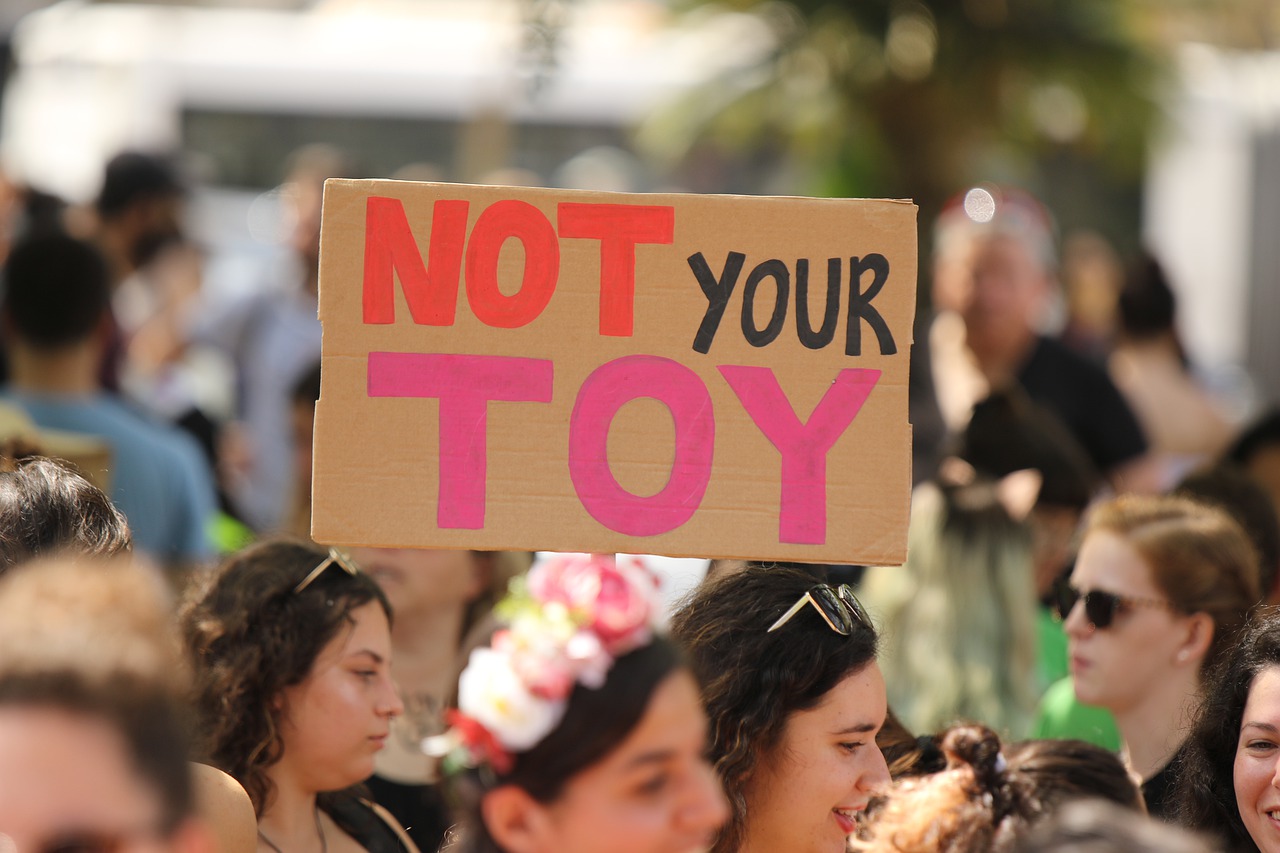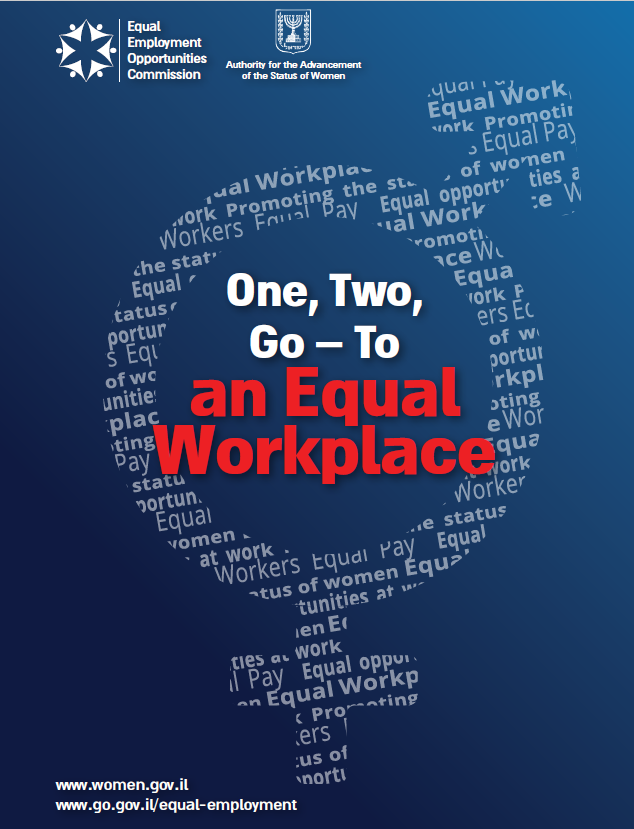Gender Equality


Home » Gender Equality » SDG5-Will Israel’s New Budget Advance SDGs? – Part 2
SDG5-Will Israel’s New Budget Advance SDGs? – Part 2
Read Part 1
In Part 1 of this series we presented a bird’s-eye overview of Israel’s new budget. Here we’ll drill down on one of the most interesting debates that evolved around it: the decision to gradually raise women’s retirement age.
The issue has been discussed in Israel on-and-off for about a decade already; when originally tabled this time around it appeared to enjoy a general consensus of all those who seek to advance SDG 5, gender equality. Over time the mood changed and pockets of opposition grew increasingly vocal until a compromise was reached (increasing aid to women harmed by the change).
To better understand the issue, here’s a few helpful facts (as nicely detailed by this piece and Hebrew-language sources):
- Israeli women’s retirement age of 62 is one of the lowest in the world (the average age among OECD countries is 65.8); Israel is also one of the few countries where there is a gap between the retirement age for women and that of men.
- The low retirement age for women adversely affects the position of older women in the labor market, harming their ability to support themselves as they near retirement age.


In addition to OECD comparisons, supporters of the reform pointed to various studies – including those conducted in the past few years by the Bank of Israel and the National Insurance Institute – indicating that around 60% of Israeli women already continue working well after the official retirement age, even without formal legislation. Additional data they drew upon: the percentage of unemployed among older women is markedly lower than among younger women; there is no significant movement toward workload reduction as their age rises; their wages continue to increase as they remain in the work force.
Opponents of the reform – covering the broad Israeli political spectrum – expressed fear that the proposal would negatively affect women employed in particularly exhausting jobs (as well as low-salaried women from underserved populations and those unemployed). These critics also said the proposal would not close existing gender equality gaps in the workplace context (including wage differences, pension levels and other parameters).
The issue of gender equality in the job market is a matter of ongoing debate in Israel – and rightly so. Acknowledging the need for improvement, the Authority for the Advancement of the Status of Women recently issued a guidebook to assist employees and employers alike in recognizing gender discrimination in the workplace. Entitled “One, Two, Go – To an Equal Workplace,” the guidebook emphasizes Israel’s extensive social legislation intended to guarantee equal opportunity in the workplace and identifies prevalent areas of discrimination.
Achieving gender equality requires a combination of tools: budgetary allocations, certainly – but also policy, legislation, regulation and enforcement. We hope that the full force of all these will be brought to bear to close Israel’s gender gap in the near future.
Related articles


SDG 5 – Femicide Against Women in Israel
Gender Equality “An eyewitness told police in the past few days that she had seen the gang rape and murder of a young woman hiding


SDG 5- Gender Equality: Unfinished Business – Part 1
Gender Equality Read Part 2 We’ve made cursory reference, on a number of occasions, to gender equality in Israel. It is time to expand on


SDG 5-Fighting Human Trafficking, Protecting its Victims – Part 2
Gender Equality As detailed in Part 1 of this series, Israel has entered a new phase in combatting human trafficking. Recognizing that enforcement is just



















